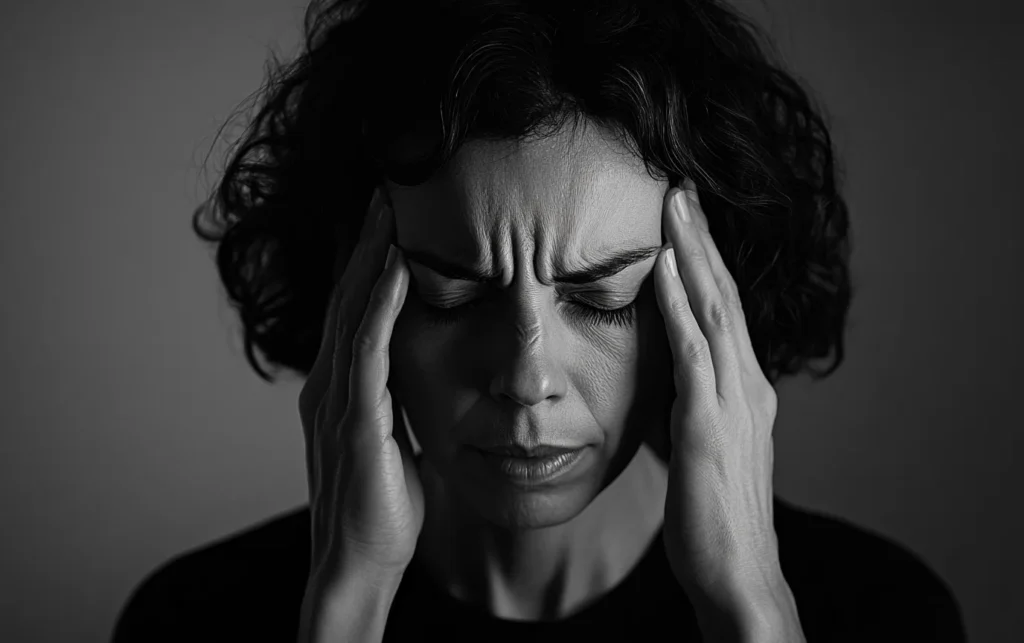Hormonal imbalances can have wide-reaching effects on health, particularly for women. Many health issues often arise when underlying hormonal disruptions go undetected. Hormones play a central role in almost every bodily function, and when they’re out of balance, they can impact everything from metabolism to mood.
Causes of Hormonal Imbalance
Hormonal balance can be disrupted by numerous factors, including:
- Genetics
- Aging
- Pregnancy and childbirth
- Environmental stressors
- Chronic stress (leading to cortisol spikes)
- Irregular sleep patterns
- Overexertion from intense physical activity
- Poor nutrition and frequent crash diets
- High consumption of foods rich in phytohormones
- Certain medications taken without medical guidance
- Complications after severe infections
- Parasitic infections
These lifestyle factors are common today, which explains why hormonal imbalances are prevalent among people of all ages, even those who appear otherwise healthy.
Symptoms of Hormonal Imbalance
Here are key signs of a potential hormonal imbalance:
- Unexpected Weight Changes: Rapid weight loss with increased appetite or weight gain without dietary changes can indicate hormonal issues. Weight loss may come with symptoms like sweating, a racing heart, hand tremors, low body temperature, mood swings, and insomnia.
- Unexplained Weight Gain and Fatigue: If weight gain is paired with fatigue, dry skin, hair loss, low blood pressure, and digestive issues, this could signal an endocrine disorder.
- Excessive Hair Growth: Excess facial or body hair may indicate elevated testosterone levels. Skin changes like oiliness, acne, or dandruff, and menstrual irregularities could accompany this symptom.
- Skin Changes and Stretch Marks: Stretch marks on the abdomen, thighs, or chest, along with a rapid rise in blood pressure and localized weight gain (face, neck, shoulders, or abdomen), can signal issues with adrenal hormones.
- Vision Changes and Headaches: Sudden vision deterioration, frequent headaches, and tunnel vision can suggest a pituitary gland issue, possibly a tumor.
- Skin Itching and Slow Healing Wounds: Persistent itching, particularly in sensitive areas, combined with frequent boils, wounds, or cuts that heal slowly, may indicate diabetes. Other signs include constant thirst, dry mouth, and increased urination.
When to See an Endocrinologist
If you recognize any of these symptoms, it’s crucial to schedule an appointment with an endocrinologist. Routine check-ups become particularly important after the age of 30, as hormone levels change and imbalances can develop over time.
Hormonal issues can also manifest in other ways, such as:
- Protruding Eyes: This can be a sign of thyroid issues.
- High Estrogen Levels: Women in their 30s may experience higher estrogen levels, potentially leading to endometriosis, uterine fibroids, ovarian cysts, and mastopathy.
Many issues are linked to hormonal changes, and symptoms like muscle weakness, tearfulness, or anxiety often go unrecognized as hormonal symptoms. Visiting an endocrinologist, especially during or after pregnancy, ensures that your hormone levels remain balanced, promoting long-term health.

